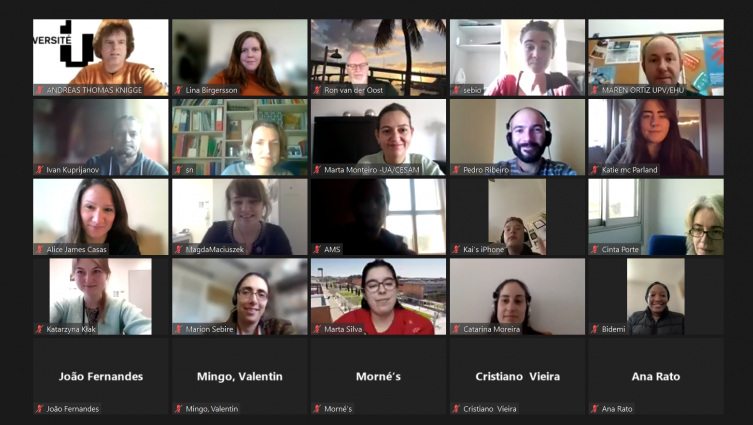International workshop on the effects of pollutants on the endocrine system of marine animals gathered experts from around the world
Humans are dramatically changing the environment and establishing the impacts of pollution on marine organisms is a priority. On a daily basis, hundreds of pollutants from natural, domestic or industrial sources (such as hygiene products and medicines) reach the oceans. Many pollutants in addition to their toxic effects may modify the physiology of marine animals and humans by mimicking and interfering with their endocrine systems that are crucial for normal development, reproduction and immunity.
International efforts have identified the impacts of some endocrine-disrupting pollutants (EDCs). Screening of EDCs is essential for environmental health and the OECD have established standard risk assessment tests. Unfortunately, relatively few countries have environmental monitoring programs for EDCs and those that do generally cover a small number of disruption mechanisms and species (mostly using laboratory species of freshwater fish or amphibians).
Through their effects on development and reproduction EDCs threaten Marine biodiversity and with this in mind CCMAR organized a EUROMARINE sponsored workshop “MODEL-EDC: Threats and tools for endocrine-disrupting pollutants in marine organisms”, on November 22nd and 23rd. Due to the covid-19 pandemic, the meeting was held online and brought together 18 speakers from 10 countries (in Europe and America) that contributed expertise in ecotoxicology, environmental protection and monitoring, and 35 participants from 20 countries.
“Very good workshop, well done and congratulations. It would be good to have other activities in the follow-up, to preserve the momentum of the workshop and continue the interesting discussions we had and the stimulating atmosphere”, commented one of the participants.
This event successfully addressed the following objectives: to map available assays and models for risk assessment and monitoring of EDC pollutants in marine organisms and environments, discuss whether current models are representative of the diversity of marine organisms and identify gaps and priorities. The workshop was structured with 20 short lectures and 2 afternoons with parallel discussion groups, to establish gaps, priorities, and strategies for action. The outcome of the workshop will be summarized in a “white paper”, which will serve as a “call for action” in this important area. Pollution respects no frontiers and is a global problem that needs a global solution.



